Learning disabilities refer to significant learning issues in early childhood. The indications of learning disabilities are witnessed in the child at a very young age. These disabilities are a result of a lack of neurological developments which lead to delay in cognitive processing. When the child is aged between 6-10 years of age signs of disabilities are generally displayed by the child, the sooner the child gets diagnosed or seeks professional help, the better would he function in the rest of his life.
The processing issues that the child encounters at a very young age interfere with basic or higher learning skills such as organizing, time management, and planning, verbal reasoning, being attentive, and much more. Learning disabilities cannot be diagnosed completely, it would last lifelong. What is to be understood is that a learning disability should not be confused with a disease and children encountering learning disabilities are smart as any other child, perhaps even more imaginative and creative the only lack that stays is in processing in terms of reading, writing and calculating.
Although your child may possess certain learning difficulties that do not leave any scope for an appropriate career path, to know the suitable career path Click here
Learning disability account in different ways and those variations are as follows:
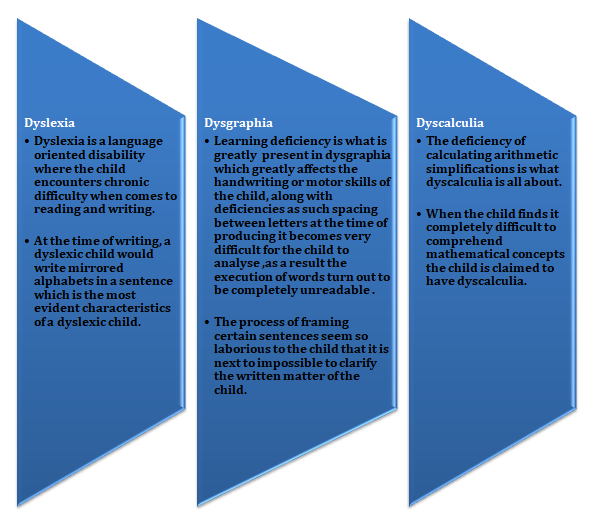
HOW CAN A CHILD WITH LEARNING DISABILITY BE HELPED?
- Play and learn the technique :
Avoiding serious ways of studying and adopting fun ones would evoke a sense of love towards studies and the child would voluntarily develop studying on a daily bases. Playful ways could be playing good, soft music in the background while studying and even memorizing or reading in a good tune.
- Setting reasonable expectance :
Setting rational expectations towards the grasping of the child does not really mean giving away hopes completely but it does mean knowing the capacity of the child and also celebrating the smallest achievement with awe.
- Being patient :
Teaching a child who is a slow learner can genuinely test the patience of one, but in a situation as such losing temper or patience can make the child hate studying or learning. Thus patience stays as the key.
- Pursuing special educational needs :
A good tutor who specializes in dealing with children with special needs will never lack in providing the child with the best quality education and there has to be a point where the parents must accept that the child does need professional help.
A developmental disorder like AUTISM could also be a reason for learning disability
What is AUTISM?
A child being delayed in terms of development will have to be diagnosed by a professional (a psychologist), however parental help and support function as best boosters. It is really important for parents to understand that all these spectrums of learning disabilities cannot be labeled to a child who finds slight difficulty in coping with academics. A child can be claimed to have a learning disability only if the case is severe and not general.
Also known as an autism spectrum disorder, stems from various conditions altogether one of them is social impairment or socially deprived. Genetic and environment both act as influencers in developing autism and is also accompanied by medical issues such as seizures, sensory issues, and also sleep deprivation.
Hallmarks Of An Autistic Child Include:
- Avoidance of eye contact: no autistic child would ever make eye contact while speaking, striking a conversation is the rarest activity an autistic child would participate in, however even if it does take place there is always an avoidance of eye contact.
- Socially deficit: children possessing autism are impaired when it comes to social skills; the child is completely disinterested with the environment around. The child is so inattentive that he would not even respond to the name of his own. Autistic children do not even like to be touched and prefer being in their own bubble.
- Speech deficit: speaking in an awkward tone, repetition of words while speaking, making several grammatical errors while talking, phrasing an entire sentence in bits ( speaking like a robot), weak in responding with gestures, responds to a question by repeating it rather than answering are several ways indicating major speech deficits also signifying that the child does have autism.
- Bodily movements: autistic children indulge in repeated movements that could comprise of back and forth movements, swinging of the hands or even repeated jaw moments. These self –stimulations, suggested by clinicians soothe autistic children more than stimulating them.
- Inflexibility: autistic children are very rigid and adamant when they want to be when they neglected their opinions they may retaliate. They insist on having their bed done in a certain way, would fuss in eating, would ask for a particular way of having their hair combed and all these traits make them so difficult to adjust and therefore are termed as inflexible.
- Preoccupation: autistic children are preoccupied with certain interests; they would usually have an object in their hand all day long and fidget with it or they will be occupied with a narrow interest for example multiplying or adding numbers back and forth. Detaching them from those activities is next to impossible.
How To Deal With An Autistic Child?
There is no permanent cure to autism an autistic child would lifelong possess autistic traits but with adequate and early diagnoses the severity can be reduced. Following are the ways in which parents are caregivers can take care of an autistic child:
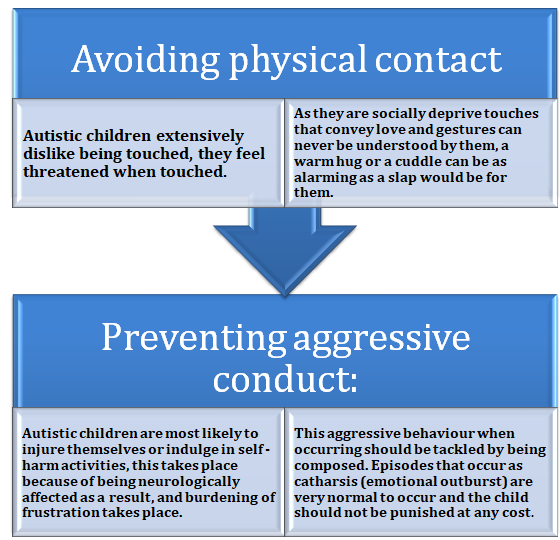
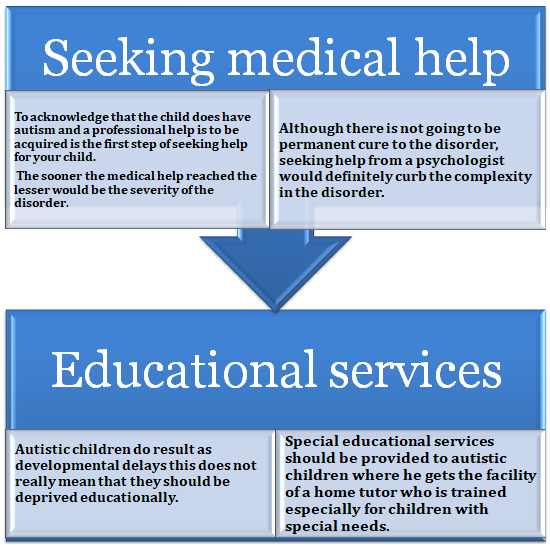
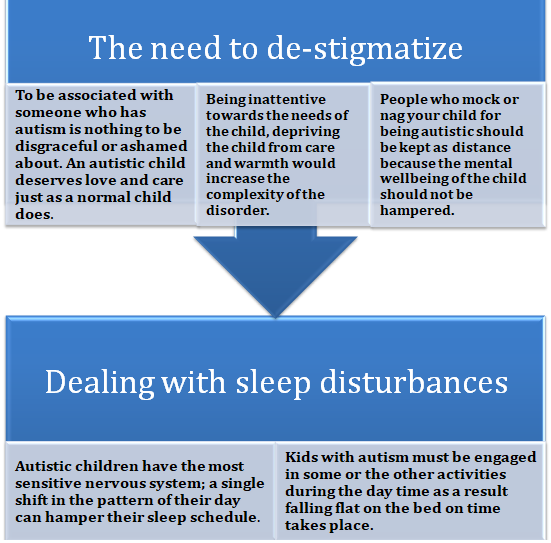

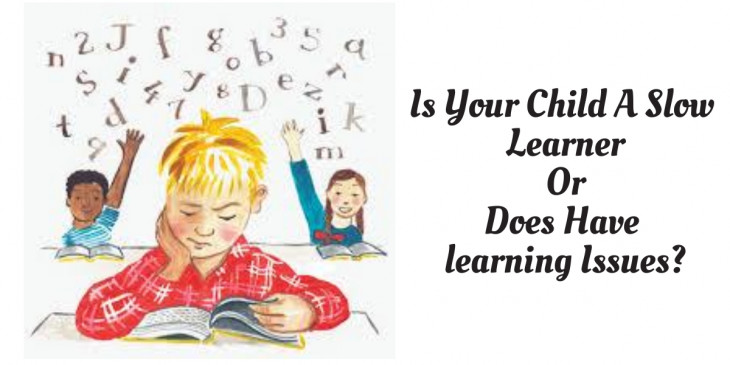

Leave a Comment
To post comment, please